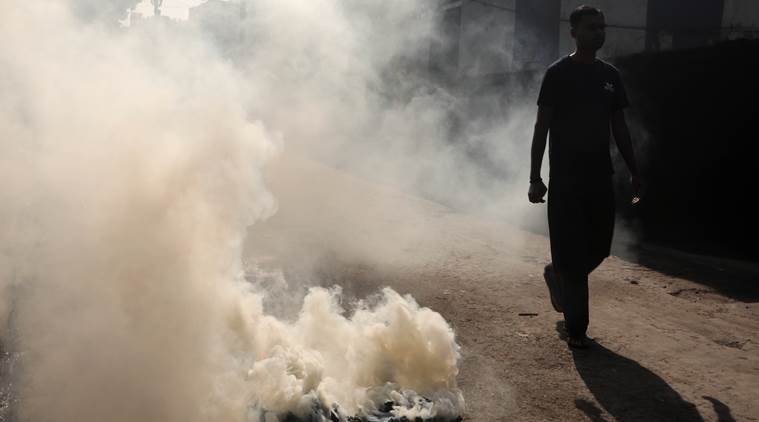New rules, old games
Katowice climate conference offers flexibility to developing nations but also familiar platitudes.

Climate conferences convened at the end of each year under the auspices of the United Nations never fail to be dramatic. The one that concluded in Katowice, Poland, last week, lived up to this expectation. First, there was a duel between the small island nations and oil exporting countries over acceptance of the recent 1.5-degree centigrate Special Report of the IPCC (intergovernmental panel on climate change). Many had pinned their hopes on this report emerging as the fulcrum of obligations for the next round of emission cuts under the Paris Agreement. This was not to be and the report could only be “noted”. Later, there were anxious moments when Brazil refused to relent on market mechanisms despite the concerted efforts of developed countries.
It was widely believed, before the commencement of the conference, that the absence of an agreement on climate finance would be a deal breaker. Africa and the small islands had pitched their hopes on such an agreement, in the beginning. However, weakened alliances and disagreements from within the G77 and China ensured that the conference extracted little more than platitudes on climate finance. Vulnerable countries had to remain content with mere reiteration of the international wish to mobilise support for such global needs. Not only was no roadmap adopted for the mobilisation of funds till 2020, no specific process has been initiated for fixing the long-term goals of finance by 2025, which is a legal mandate of the Paris Agreement. No clear guarantees could be obtained from the developed countries to even report their commitments through an international process.
However, the heart of the conference lay elsewhere. The most intense debates took place on devising Modalities, Procedures and Guidelines (MPGs) of the Transparency Framework, whose objective is to hold each country accountable for its promised actions. The Paris Agreement binds each country, irrespective of its status, in terms of development, to report and, inter alia, account for its emissions as part of Nationally Determined Contributions. It also mandates that MPGs for transparency be finalised early so as to track progress made by countries in achieving their targets or actions.
Considering the fact that global emissions are rising, and emerging countries are expected to contribute to emission reductions, the challenge for a country like India is to keep a healthy balance between national developmental needs and international obligations to account for the emissions. The Paris Agreement does assure flexibility to those developing countries that need it, according to their capacity. However, two decisions taken in Katowice would determine the extent of the flexibility available to India.







































No hay comentarios:
Publicar un comentario